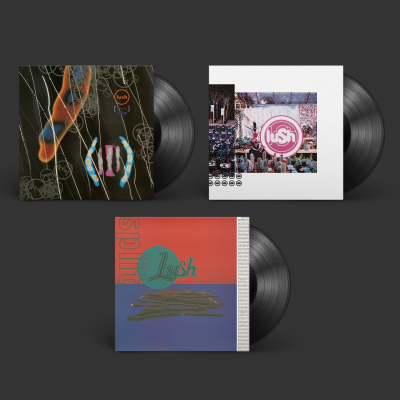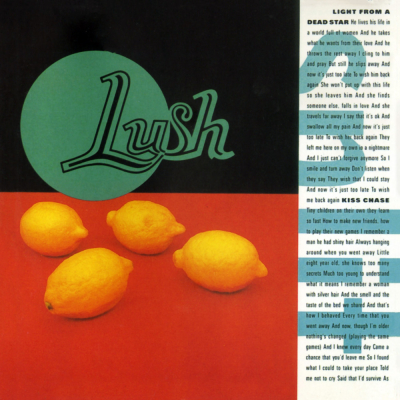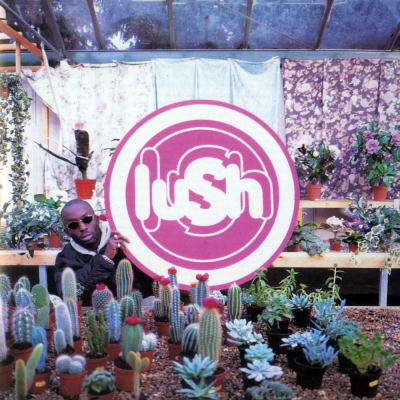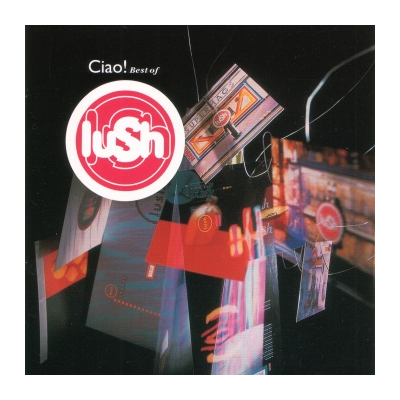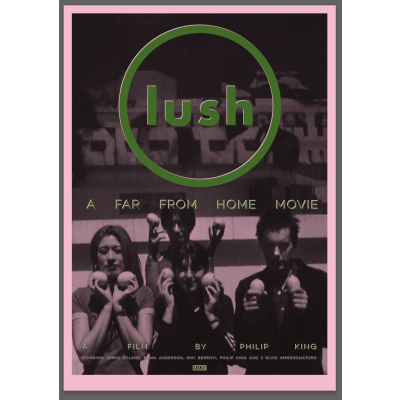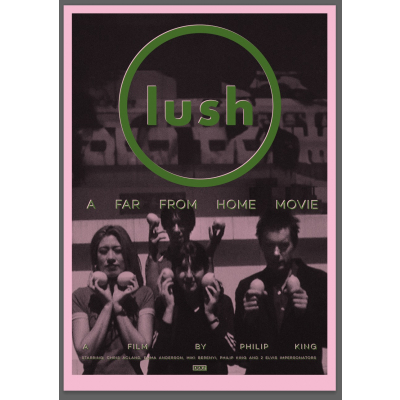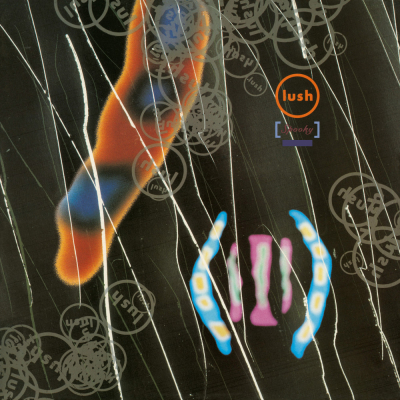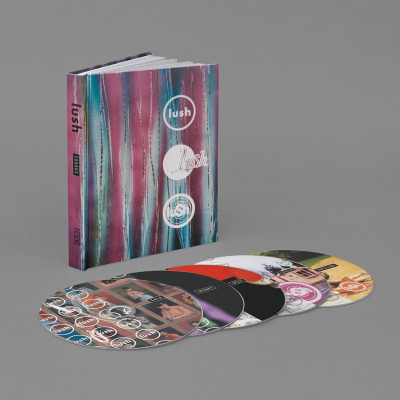Lush
In a sense, the beginning of Lush was as inevitable as its ending was not. One of the Nineties' most unusual, fascinating and confounding independent bands, they sprang from a friendship formed, at 14, by Londoners Miki Berenyi and Emma Anderson. In their own words "music was it" - closer involvement was imperative. They ran a fanzine, attended a catholic variety of gigs nightly at the likes of Fulham Greyhound and Hammersmith Clarendon (all rough, all gone). It'd be ABC one day, then Xmal Deutschland, then Gang Of Four. And they were learning the ropes in other people's bands - Berenyi in The Bugs, Anderson in The Rover Girls - working to make "our band" a reality. Eventually, along with the absurdly good-humoured Lancastrian punk drummer Chris Acland, and bassist Steve Rippon, they went out on their own.
For music, the late Eighties were a vibrant and volatile time. There was acid house, US art-core, death metal, fledgling industrial and European sampledelia, a rising Madchester and the shimmering punk pop of The Primitives, plus the delicate oceanics of The Sundays. Having much in common with these last two and, attitude-wise, at least three of the others, Lush were quickly hot property. One review in Melody Maker brought 12 major labels to see them play at London's ULU. None called again, but 4AD's Ivo Watts-Russell was interested, soon putting the band in Blackwing Studios with John Fryer.
"We were kind of punk rock in one way", says Anderson. "We did think 'Well, if they can do it, why the fuck can't we?' Basically, our idea was to have extremely loud guitars with much weaker vocals. And, really the vocals were weaker due to nervousness - we'd always be going 'Turn them down! Turn them down!'."
"We weren't good enough musicians to just jam," continues Berenyi, "so the songs had to come first. We had to go for good melodies, so I guess we drew on any music we heard in our youth, anything from The Beatles to Carly Simon, any pop music. The great swathes of sound, the effects came after the song, and were probably born of our incompetence and lack of confidence. We just didn't think we were good enough to do anything more complicated."
"It made us more open-minded when working with producers," she adds. "There wasn't this 'Well, we do it this way' attitude. We were willing to learn. And that's what happened when we did Scar. That was supposed to be demos because Ivo still wasn't sure about us. He was completely taken aback by what came out of that session."
"We started by writing crappy riot grrl anthems," says Berenyi, "which was probably charming in a juvenile way. But there was a very rapid shift from the minute we started to write for records. The music, the lyrics became much more thoughtful and expressive, more important, really. I remember that change beginning when Emma wrote Thoughtforms, it certainly made me think I needed to get my act together."
They all got their acts together quickly, so much so that Robin Guthrie of the Cocteau Twins, producer of Lush's Mad Love EP and their debut LP, Spooky, was in some quarters credited with transforming them, even with writing their material. "Ivo was against us working with Robin," says Anderson. "People said at the time, 'Don't you think that being produced by Robin that you're being swamped by the 4AD collective, that you're not Lush anymore?' But I never saw it like that. I knew Robin before I knew Ivo and I knew he liked what we did, and we all loved the Cocteaus anyway. And we had an enormous amount of freedom, and more loyalty and attention from the label than most other bands ever got."
For music, the late Eighties were a vibrant and volatile time. There was acid house, US art-core, death metal, fledgling industrial and European sampledelia, a rising Madchester and the shimmering punk pop of The Primitives, plus the delicate oceanics of The Sundays. Having much in common with these last two and, attitude-wise, at least three of the others, Lush were quickly hot property. One review in Melody Maker brought 12 major labels to see them play at London's ULU. None called again, but 4AD's Ivo Watts-Russell was interested, soon putting the band in Blackwing Studios with John Fryer.
"We were kind of punk rock in one way", says Anderson. "We did think 'Well, if they can do it, why the fuck can't we?' Basically, our idea was to have extremely loud guitars with much weaker vocals. And, really the vocals were weaker due to nervousness - we'd always be going 'Turn them down! Turn them down!'."
"We weren't good enough musicians to just jam," continues Berenyi, "so the songs had to come first. We had to go for good melodies, so I guess we drew on any music we heard in our youth, anything from The Beatles to Carly Simon, any pop music. The great swathes of sound, the effects came after the song, and were probably born of our incompetence and lack of confidence. We just didn't think we were good enough to do anything more complicated."
"It made us more open-minded when working with producers," she adds. "There wasn't this 'Well, we do it this way' attitude. We were willing to learn. And that's what happened when we did Scar. That was supposed to be demos because Ivo still wasn't sure about us. He was completely taken aback by what came out of that session."
"We started by writing crappy riot grrl anthems," says Berenyi, "which was probably charming in a juvenile way. But there was a very rapid shift from the minute we started to write for records. The music, the lyrics became much more thoughtful and expressive, more important, really. I remember that change beginning when Emma wrote Thoughtforms, it certainly made me think I needed to get my act together."
They all got their acts together quickly, so much so that Robin Guthrie of the Cocteau Twins, producer of Lush's Mad Love EP and their debut LP, Spooky, was in some quarters credited with transforming them, even with writing their material. "Ivo was against us working with Robin," says Anderson. "People said at the time, 'Don't you think that being produced by Robin that you're being swamped by the 4AD collective, that you're not Lush anymore?' But I never saw it like that. I knew Robin before I knew Ivo and I knew he liked what we did, and we all loved the Cocteaus anyway. And we had an enormous amount of freedom, and more loyalty and attention from the label than most other bands ever got."

